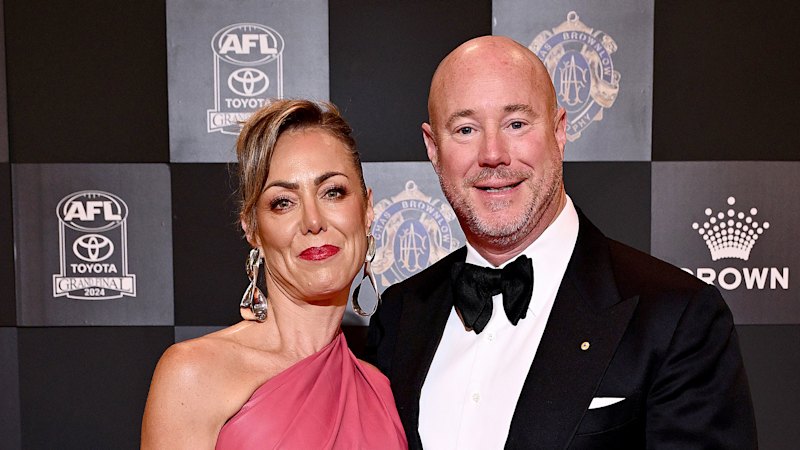
In a significant development, Fair Trading has confirmed an ongoing investigation into Josh Tesolin and the Ray White Quakers Hill office following a compliance blitz targeting underquoting and complaints from affected parties. The agency has refrained from further comment due to the ongoing nature of the investigation. However, Tesolin’s clients have been vocal, expressing concerns about his incentivised sales commission, which they claim was introduced just before auctions to attract new buyers.
According to Fair Trading, while incentivised commissions are not common practice, they are permissible if agreed upon at the start of the sales campaign and documented in the agency agreement. Typically, such commissions involve a bonus of 1 or 2 percent if a sale achieves an exceptionally high price, but they can also mean a reduced commission for lower results.
Controversial Commission Practices
Industry veteran Matt Lahood, CEO of real estate at The Agency, notes that incentivised commissions are usually client-driven. However, Tesolin’s approach seems to differ, with incentives framed as payments to other agents to introduce new buyers at the last minute, potentially inflating auction prices. Messages reviewed by this publication reveal that Tesolin often pitches an extra 20 percent commission to sellers after setting their reserve price.
For instance, a house in Acacia Gardens sold for a record $1.78 million, resulting in a commission of $75,300 instead of the expected $48,950 due to the bonus. Similarly, a property on Calandra Avenue in Quakers Hill sold for $1.55 million, with sellers paying an $82,625 commission, nearly double the base amount.
“That’s illegal,” quipped a member of Tesolin’s SMS group chat. “That is certainly unethical,” added Tim McKibbin, CEO of the Real Estate Institute of NSW. “As for whether it’s illegal, I would say that there isn’t a good smell about it.”
Client Experiences and Backlash
Several clients, including Sue and Glen Roughley, have shared their experiences with Tesolin’s tactics. The Roughleys were informed just days before their auction that Tesolin intended to involve multiple agents to drive up the sale price, with a 10 percent incentive on offers exceeding $1,450,000. The property eventually sold to a buyer who had shown interest from the beginning, contradicting Tesolin’s narrative of last-minute interest.
Despite their dissatisfaction, the Roughleys’ additional commission was refunded. However, they faced further frustration when a larger billboard promoting Tesolin was delivered to their property post-sale, which they refused to erect.
Jamie and Susan Lynne also encountered Tesolin’s incentive scheme, selling their Quakers Hill home for over $350,000 above reserve. They later discovered that the buyer had inspected the property before the commission request, leading to a commission exceeding $65,000.
Industry Reactions and Legal Implications
Omid Rahmani, a law student whose family purchased a property through Tesolin, highlighted the vulnerability of buyers and sellers unfamiliar with the sales process. He noted the reliance on agents’ advice, which can lead to exploitation.
Tim Snell, Ray White Group’s NSW CEO, emphasized the importance of transparency in bonus schemes, stating that each agreement should be unique to the sale circumstances. However, correspondence reviewed by this publication indicates that incentives were often introduced late in the process.
“What is important about an incentive commission at Ray White Quakers Hill is that, ultimately, the vendor decides whether they want to pay it,” Tesolin stated. “In circumstances where they do not wish to pay it, it is not charged.”
Property Purchases and Internal Investigations
Questions have also been raised about Tesolin’s property acquisitions. A house in Bungarribee, initially listed with high expectations, was sold under auction conditions to Tesolin’s wife, Sophia, after being passed in with no bids. This transaction, like others involving Tesolin, followed required disclosures according to Ray White Group’s internal investigation.
Despite these controversies, Tesolin’s business continues to thrive, with significant advertising presence and a robust property portfolio. The Ray White Group has implemented compliance improvements, including appointing experienced personnel to oversee operations.
Future Outlook and Industry Impact
As the investigation by Fair Trading progresses, the real estate community watches closely. The case underscores the importance of transparency and ethical practices in real estate transactions. It also highlights the potential for reform in commission structures to protect clients, particularly those less familiar with industry norms.
For now, Tesolin’s practices remain under scrutiny, with potential implications for his business model and the broader industry. The outcome of this investigation could set a precedent for how incentivised commissions are handled in the future.







